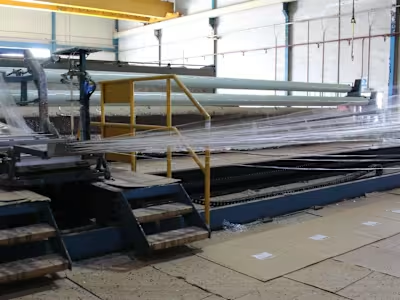Resource Planning for Agricultural Operations
Overview
The Resource Planning for Agricultural Operations model is a comprehensive tool for optimizing resource allocation in all stages of agricultural production, from land preparation to harvesting. It is specifically designed for large-scale farms with precision agricultural implements and GPS technology.
Features
The model's key features include:
Accuracy: The model precisely calculates resource requirements, including tractors, implements, tires, material handling, logistics equipment, and human resources, taking into account operational rates and potential disruptions
Flexibility: The model facilitates resource leveling to align with existing equipment and supports decision-making regarding equipment acquisition or rental.
Adaptability: The model is suitable for use in a variety of agricultural settings, regardless of crop type or region.
Benefits
The resource planning model offers several benefits to farmers, including:
Streamlined operations: The model helps to streamline agricultural operations by automating resource planning and scheduling.
Increased efficiency: The model optimizes resource allocation, leading to increased efficiency and productivity.
Improved profitability: By maximizing efficiency and productivity, the model contributes to improved profitability in farming endeavors.
Case Study
The Resource Planning model has been successfully used to manage farms spanning up to 14,000 hectares, encompassing a variety of crops, including sugar beet, wheat, and barley. The model has proven to be an effective tool for improving the efficiency and profitability of large-scale agricultural operations.
Conclusion
The Resource Planning for Agricultural Operations model is an invaluable tool designed for large-scale corporate farms aiming to optimize resource allocation, streamline operations, and enhance overall profitability.
Like this project
Posted Oct 10, 2023
Excel-based resource planning model optimizes resource allocation for agricultural operations, improving farm efficiency.




